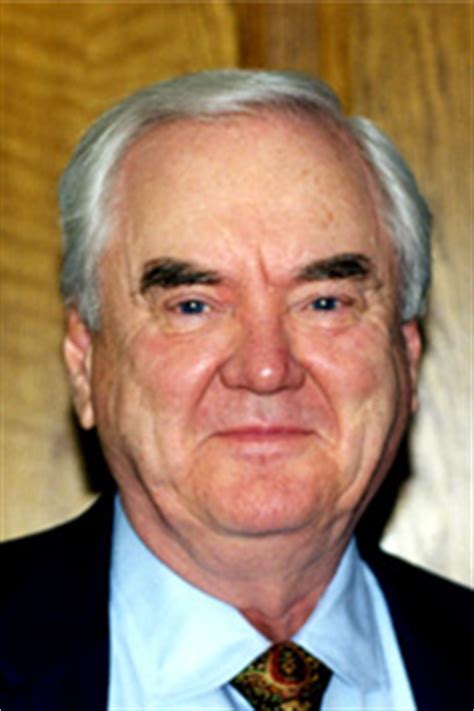A Quote by Charles Colson
The Bible's historical accuracy is a reminder that while "the heavens declare the glory of God," there's also plenty of evidence among the rubble and ruins.
Related Quotes
The Bible is an ancient text from an ancient context. We live thousands of miles and thousands of years away from that context, which also represents different cultures. Archaeology is a modern means of revealing both the lost record of the ancient world, and the historical and social world of the Bible. While the purpose of archaeology is not to prove the historicity of the people and events recorded in Scripture, it can help immeasurably to confirm the historical reality and accuracy of the Bible and to demonstrate that faith has a factual foundation.
There are dozens of writings outside of the Bible that verify the historical accuracy of many of the names of people, places, and events mentioned in the Bible. In fact, external sources verify that at least eighty persons mentioned in the Bible were actual historical figures. Fifty people from the Old Testament, and thirty people from the New Testament.
While many have doubted the accuracy of the Bible, time and continued research have consistently demonstrated that the Word of God is better informed than its critics. In fact, while thousands of finds from the ancient world support in broad outline and often in detail the biblical picture, not one incontrovertible find has ever contradicted the Bible.
Through our science we have created magnificent spacecrafts and telescopes to explore the night and the light and the half light. We have made visible things that are invisible to the unaided eye. We have brought the dreamy heavens down to Earth, held them in the mind's eye. Our explorations have produced a vast archive of remarkable astronomical images... The riches are too many for choices, the revelations beautiful and dreadful. Who can look at these images and not be transformed? The heavens declare God's glory.
The task of all Christian scholarship—not just biblical studies—is to study reality as a manifestation of God’s glory, to speak and write about it with accuracy, and to savor the beauty of God in it, and to make it serve the good of man. It is an abdication of scholarship when Christians do academic work with little reference to God. If all the universe and everything in it exist by the design of an infinite, personal God, to make his manifold glory known and loved, then to treat any subject without reference to God’s glory is not scholarship but insurrection.




































